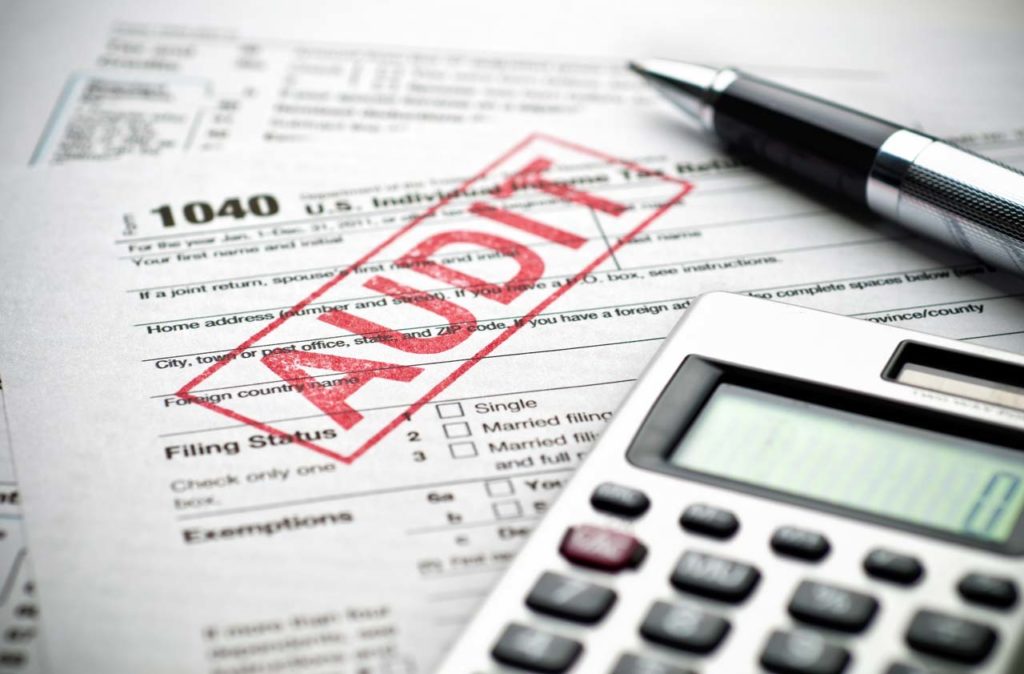Although most people cringe the minute anyone says the word “audit,” it doesn’t have to be a bad thing- as long as you have nothing to hide that is.
An audit is merely a procedure that the IRS conducts to ensure that there aren’t any mistakes. As long as you’re telling the truth, you needn’t worry, and you should have a successful audit.
However, it’s still no fun to have a red flag raised alongside your name. Here are some of the most common reasons why the IRS might audit you and how to avoid them.
Math Mistakes
Even though mistakes happen from time to time, the IRS doesn’t appreciate them. If you’ve made a significant enough math mistake that leads to an audit, then you should be double-checking your numbers much more carefully.
If you aren’t the best at simple math, then there are a variety of solutions for you. By using a tax preparation program or hiring a professional, you can eliminate your chances of most math mistakes.
Too Many Work-Related Expenses
The IRS allows you to deduct work-related expenses from your return. However, some people take advantage of this and claim far too many. If you are going to claim work-related expenses, make sure that you familiarize yourself with which ones are eligible.
The purchases should be necessary in order to perform your job. If you can’t prove that they were, then you’ll get hit with fines whether you claim ignorance of the law or not.
Claiming Too Many Donations
In addition to work-related expenses, the IRS also allows you to deduct charitable donations. If you made a considerable number of donations, then you may be eligible for deductions. However, you should be able to prove these deductions. The IRS won’t take your word for it. Most people get audited because they claim far too many donations in ratio to their salary.
Not Reporting Other Income
It’s vital that you report all of your income on your tax return and not just your primary income. If you do any side work, the person who employed you likely turned in a form 1099. Therefore, the IRS will have a copy of these wages which you didn’t report. Eventually, they will realize you have unreported income and will come after you.
By identifying the most common reasons for audits, and double-checking your return several times, you can reduce your chances of being audited.
Most of the time, an audit is a result of people making careless mistakes rather than having malicious intentions. As long as you fall under the former category rather than the latter, you should come out fine.
To read more on topics like this, check out the money category











